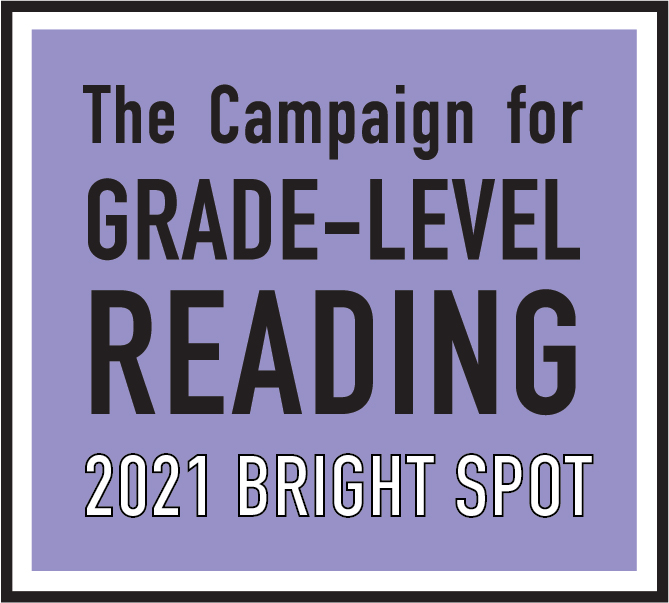Under the massive dome of the La Trobe Reading Room in the Victorian State Library, my ten-year-old granddaughter takes on a new persona – the reader. Choosing a book at random from the shelves, she climbs into one of the wooden swivel chairs, raises the leather-bound desk and places her book onto it. I smile to myself because she has taken it from the Commonwealth Debates section. Not really a child’s reading material.
Despite the bright early morning light in the library, the green shaded desk lamps glow as they have for one hundred years. Tess is doing what many Australians have done over the years – absorbing a culture associated with literacy.
I’m reminded of a visit to the Musée Picasso in Paris where I watched a class of primary school students sprawled on the floor with pads and pencils, copying a masterpiece. This seemed to me to lack creativity; but how lucky they were to be able to take such an excursion and absorb the culture of the visual arts world.
On that same trip and at the Musée du Quai Branly, an animated teacher invited her students to close their eyes and imagine themselves in the role of prehistoric people, sharpening flints like the ones on display around them in the museum. It took me back to my days as a drama teacher when I watched children becoming other people through imagination, communicating with each other in role, exploring other worlds.
Not all learning takes place in the traditional classroom. Of course, not all children are privileged enough to have museums and galleries within reach on a school day. However, like those French students, they can still appreciate life in ancient times through role-play or explore how a famous artist works by doodling in a Picasso style – at school.
Unfortunately, not all teachers feel confident to use drama and role-play in their classrooms. This is a pity. Maybe the noise level rises beyond their comfort zone but the children are still learning, still absorbing knowledge; just differently.
Closer to home, Tess browses the books at her local library in Melbourne’s west. Not a grand place at all – the carpet is old and books are dog-eared. People from all parts of the world come and go, availing themselves of the free facilities. Tess picks a young adult fiction book and reads me a few words. Again, she is stretching herself beyond her capabilities. I guide her to the shelves with more suitable reading material and we discuss which book to take home.
The days when she’s willing to play ‘let’s pretend’ with me are passing. We used to become all sorts of wild and wonderful characters. Now she chooses shops or school. However, I’m delighted that she goes to an after-school drama class where she’s still exercising her imagination with her peers. Discovering new worlds through creativity and developing her individuality.
I wish I could be a fly on the wall or, better still, join in.
About the author:
Carole Lander worked until recently at the Victorian Curriculum and Assessment Authority (VCAA) in a number of roles – curriculum writer, VCE assessor and communications manager. She is now a freelance writer and editor. She is the author of “Mimi’s Gift”, the story in the People and Values section of Ziptales’ Advanced Library. “Mimi’s Gift” is set in Paris, a poignant study of disrupted family relations, in which the protagonist, Rosie, grapples with feelings of rejection. The story ends with a lovely scene on the Eiffel Tower, a scene of reconciliation.



